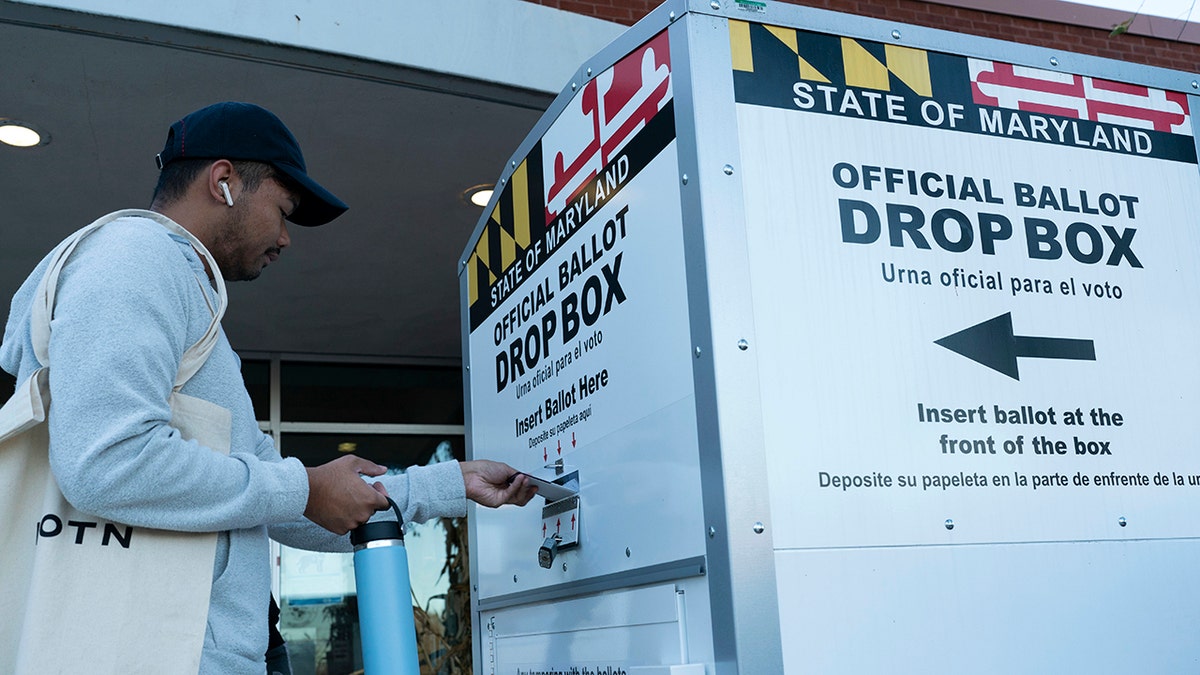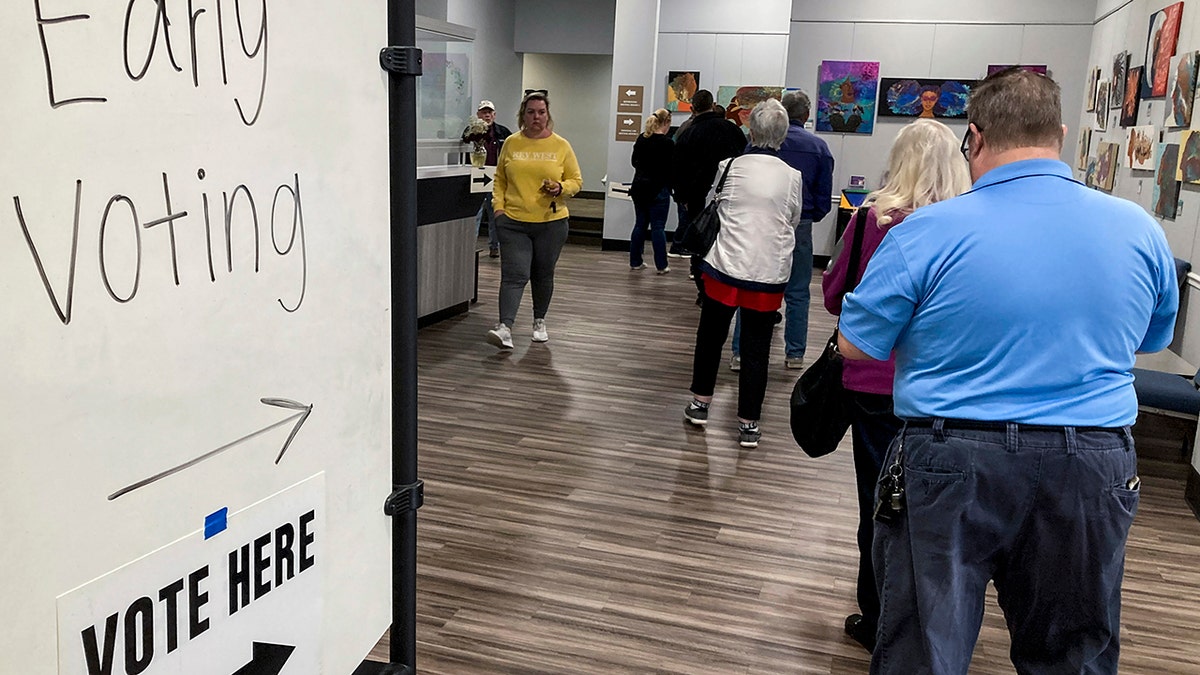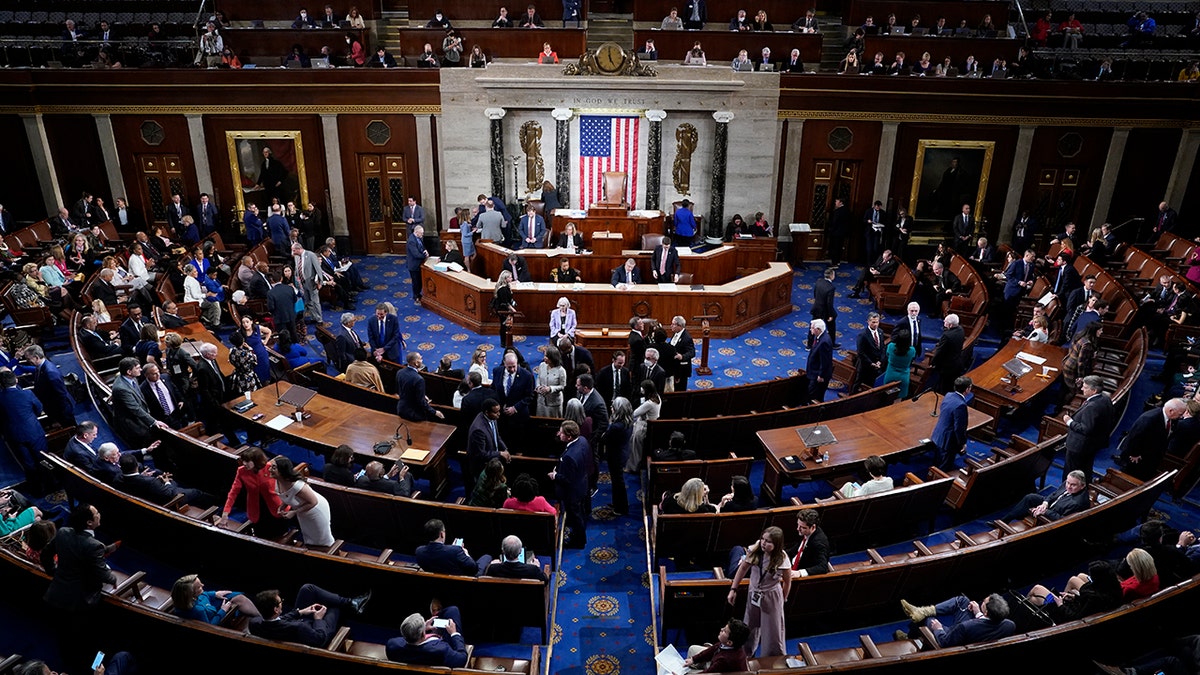Congress is gearing up for a debate on voting and election bills in the coming weeks, setting the stage for the 2024 presidential election. These discussions revolve around the balance of power between federal and state governments in overseeing elections.
Democrats plan to propose granting the federal government more authority to establish nationwide voting standards. In contrast, House Republicans aim to introduce the "American Confidence in Elections Act," designed to reinforce states' primary control over elections. Representative Bryan Steil, a Wisconsin Republican and chair of the House Administration Committee, characterized this bill as the "most conservative election bill" considered by the House in over two decades.

The Republican proposal encourages states to review voter rolls, conduct post-election audits, prevent the unsolicited mailing of absentee ballots, and implement voter eligibility checks. It would also end the practice of allowing non-citizens to vote in local elections in Washington, D.C. This aligns with actions taken by several GOP-led states to strengthen voter ID requirements, restrict ballot drop box usage, and limit third-party ballot return.

While Democrats have criticized such measures as potential voter suppression, Republicans cite the 2022 midterm election turnout as evidence against this claim. They argue that these measures enhance election integrity and build voter confidence.
Conversely, Democrats argue that Republicans are undermining the voting process and that federal intervention is necessary to ensure free and fair elections. They plan to introduce proposals to expand voter access, such as promoting the use of drop boxes, and preventing states from enacting restrictive voting laws. Previously, Senate procedural rules prevented Democrats from passing similar proposals.

While the divergent proposals from both parties are unlikely to pass a divided government, they serve as rallying points for their respective bases ahead of the 2024 elections. Meanwhile, various states continue to enact their own election laws, reflecting the ongoing debate surrounding voting access and security.
Comments(0)
Top Comments